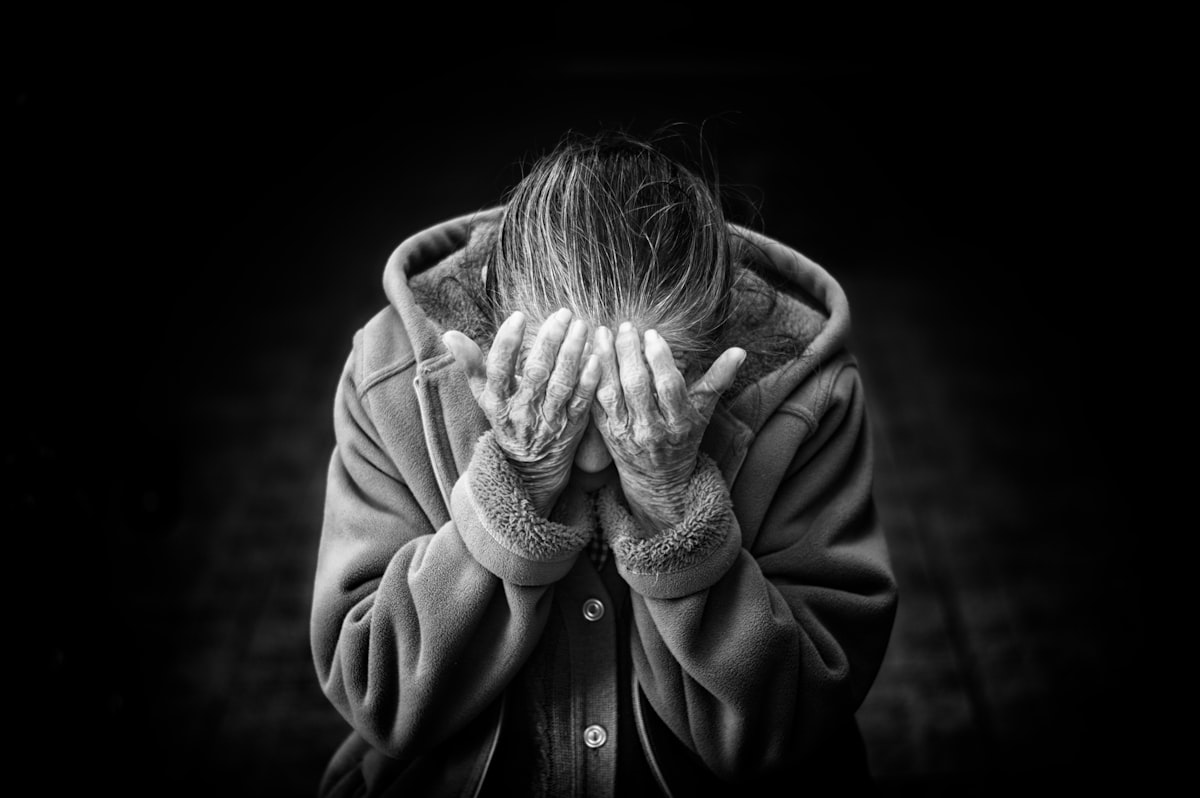Understanding the Different Types of Grief and its Impact on Recovery
Grief can take many forms, and understanding the type of grief you are experiencing can help you find the best way to cope with your loss. Learn about anticipatory grief, sudden death loss, and complicated grief, as well as how to recognize when it's time to seek help.

Grief comes in various forms, and it profoundly influences your journey toward healing after a loss. Let's delve into these different types of grief to gain a deeper understanding.
Anticipatory Grief: If you are a family caregiver dealing with the impending loss of a loved one due to dementia or a chronic medical condition, you may be experiencing anticipatory grief. This type of grief isn't uncommon; it often involves a sense of loss even before the person passes away.
- Anticipatory grief allows an opportunity for emotional closure, allowing expressions of love, gratitude, and forgiveness.
- It can help prepare individuals for the inevitable loss, making acceptance more manageable.
However, accepting the finality of the loss might still be a challenge during this phase.
Sudden Death Loss: Individuals who experience sudden deaths often grapple with feelings of anger and struggle to accept the harsh reality. The abruptness of the loss can be overwhelming.
Complicated Grief: The final category is complicated grief, which can manifest in various forms, including disenfranchised grief and ambiguous loss.
- Disenfranchised Grief: This type of grief is often unacknowledged or marginalized, such as in cases of miscarriages, the loss of a same-sex partner, or even the passing of a beloved pet. It encompasses losses that society may not readily recognize as significant.
- Ambiguous Loss: This subset of disenfranchised grief involves situations where the person is physically present but emotionally absent. Caregivers of individuals with conditions like dementia, traumatic brain injury, or chronic illnesses may experience this form of grief.

Complicated grief is characterized by its prolonged and intense nature, hindering one's ability to function effectively. It can lead to depression or anxiety disorders and typically requires professional assistance for resolution.
In the realm of grief, it's important to understand that your feelings of loss and sorrow are universal. Regardless of the circumstances, grief is a profound experience that encompasses pain and the sense of losing something irreplaceable.
While it may feel like no one truly comprehends your suffering, remember that the common thread of grief connects us all, and there is support available to help you navigate this challenging journey.
Life After Loss, Grief Recovery
Signs and Symptoms of Grief and Loss. When to Seek Help
All of our guides, downloads, worksheets, Premium courses
Click Subscribe To Get Started.
You might also like this article:





